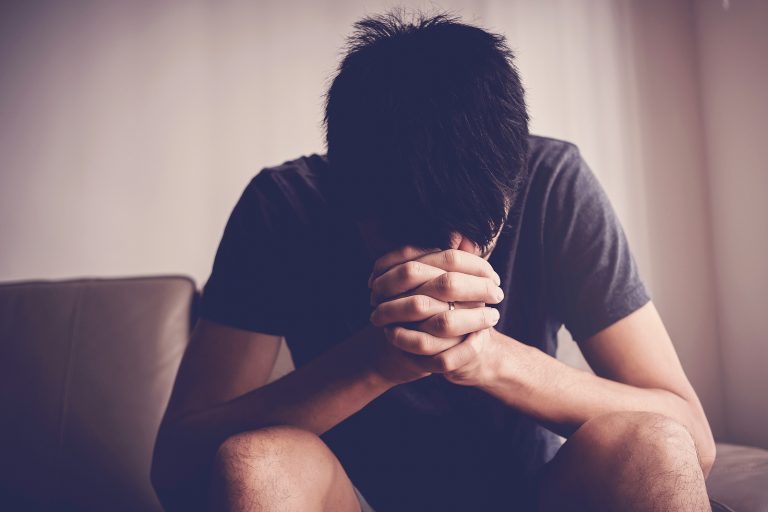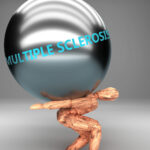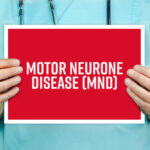Long-term sufferers of depression understand the complex nature of the condition and the difficulty that can come with trying to find strategies to manage their symptoms. For these patients, medical cannabis for depression may be an appropriate option.
What causes depression?
In the words of the NHS:
‘There’s no single cause of depression. It can occur for a variety of reasons and it has many different triggers.’
Common factors associated with depression include:
Family history: A number of studies have been conducted over the years to try and determine whether depression is a genetically linked condition. Family studies, including those conducted on twins, have revealed ‘that the contribution of genetic factors to the risk of the onset of DDs (depressive disorders) is quite large.’ However, the complex nature of the condition means there are many other factors at interplay with genetics, influencing the likelihood of a person developing depression.
Stressful events: Particularly stressful events, like a serious medical diagnosis, a relationship breakdown, or the loss of a close friend or family member, may trigger the onset of depression.
Alcohol and drugs: Alcohol can be a paradox: In difficult times, some people may use alcohol as a way of coping. However, alcohol can contribute to feelings of depression and long-term use may result in dependence.
Loneliness: Isolation and a lack of social contact can be a factor in depression. Studies have shown that this is particularly true for older adults who may have lost contact with friends and family due to retirement, bereavement, and reduced mobility.
Managing depression
The NHS advises that individuals who have been experiencing symptoms of depression — including a continuously low mood, irritability, lack of motivation, change in appetite, disturbed sleep, lack of energy, and withdrawal from social contact — for longer than two weeks should seek help from a GP.
There are no physical tests that can diagnose depression. Instead, your GP will ask you a series of questions about your physical and mental health. They may recommend an array of different strategies to help manage symptoms, from talk-therapy to medication. Patients may find certain strategies work and others have limited effect. A combination of therapies may be the best option.
Individuals who have been suffering from depression for a prolonged period of time and have not found any strategies to show an improvement in symptoms may wish to speak to their doctor about the possibility of being prescribed medical cannabis for depression.
Medical cannabis and depression
In 2018, medical cannabis was legalised in the United Kingdom. Since then, eligible patients have been issued prescriptions for the medication to help counteract symptoms associated with a range of conditions, including depression.
Not all patients are eligible for a medical cannabis prescription and not all specialists are able to offer this medication. MyAccess Clinics’ team of experienced specialists will assess your suitability and determine whether medical cannabis for depression is an appropriate option for you.
At MyAccess Clinics, we are driven to provide supportive care to our eligible patients. For more information about the conditions we treat and to discuss obtaining an appointment, contact our team today.





